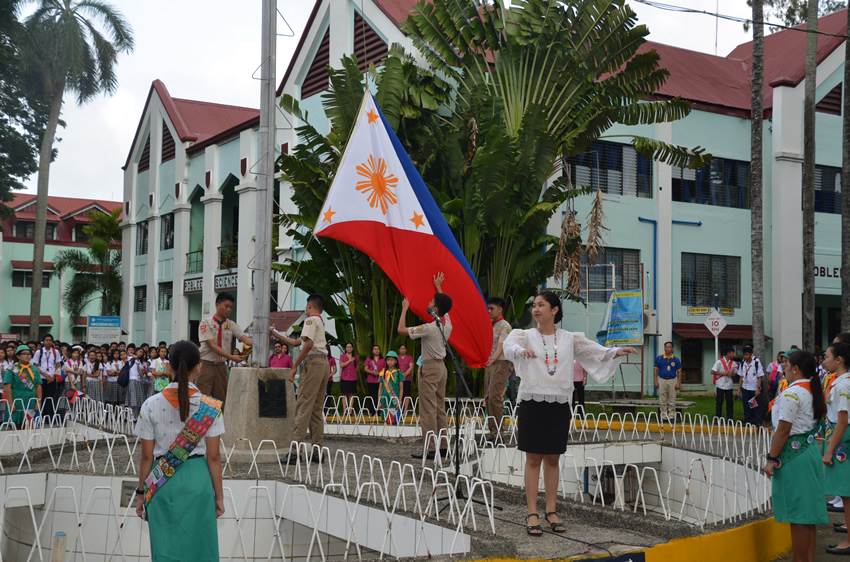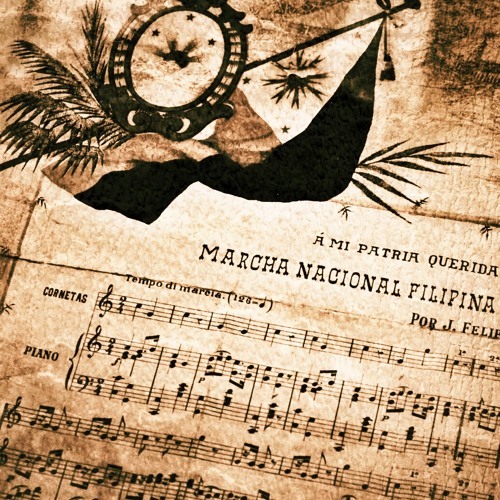As Filipinos, we all have been taught extensively on how important our history is and why we should celebrate the day of our independence.
But with everything that is happening right now, it’s understandable if one were to forget the lessons discussed in our history classes.
So, regardless of our mindset of being worried about the current situation that the world is facing right now, the reason behind our current freedom should be remembered and treated with respect.
In celebration of the Philippines’ 122nd Independence Day, let us recall some facts that you may have forgotten about this national holiday.
1.) The Philippine Independence Day is to be celebrated for a period of 16 days

As ordered by President Fidel V. Ramos in his Executive Order No. 179 in 1994, the Independence Day is to be celebrated for 16 days, starting from May 28 up to June 12.
Through this decree, the period was designated as flag days, during which all offices, agencies of government, business establishments, institutions of learning, and private homes are enjoined to display the Philippine Flag.
2.) The Philippine National Anthem has no lyrics when it first played

The national anthem, then known as Marcha Nacional Filipina, was first played on June 12, 1898, as incidental marching music and did not have lyrics.
A year after, a Spanish poem written by Jose Palma was adapted and became the words of the national anthem. The anthem was then officially titled Lupang Hinirang in the year 1938.
3.) The flag’s colors were a salute to the American flag.
Ambrosio Rianzares Bautista mentioned in the Declaration of Independence in 1898 that the three colors – red, white, and blue, serve as a debt of gratitude to honor the American flag.
However, this was contradicted by Emilio Aguinaldo in his succeeding speeches. He clarified that the color red stood for Filipino bravery, blue represented how Filipinos would rather die than surrender to the enemy and the color white symbolized the Filipinos’ love for peace.
4.) The colors of the Philippine flag can be used as signals.
One thing that makes the Philippine flag unique is that its colors not only symbolize things, they are also used to indicate the nation’s current state. In peaceful times, the flag is raised with the blue strip on top. And in the event that the country is in a state of war, the flag will be flown with the red strip on top.
In Philippine history, it was during the Philippine-American war in 1899 when the flag was first flown with the red strip up.
5.) Filipino priests started the movement for independence.
A lesser-known fact about Philippine independence is that Filipino priests were actually the ones who first expressed the opposition. Because of their resentment for the Spanish domination in Roman Catholic Churches, the religious leaders met with the nation’s intellectuals to discuss the country’s independence. /bmjo


